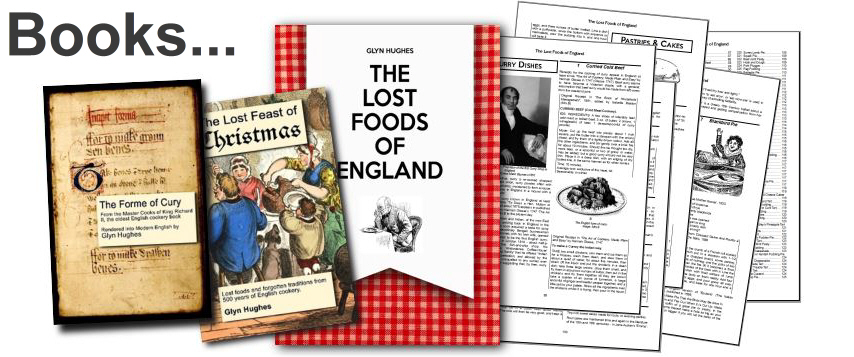

|
 Now an effervescent powder made from an alkali (typically sodium carbonate or bicarbonate) with an acid (typically tartaric acid) plus sugar and fruit flavouring. In the presence of moisture, such as saliva, the acid and carbonate react to give off carbon dioxide and create an intense fizzing effect. The word came into English from Persian, meaning a flavoured cold drink, which is what Sherbert (or Sherbet) powder was originally used to make. Sherbert is now either a treat on its own or the filling for such sweets as Flying Saucers or Sherbert Lemons. An early receipt in Eaton 1822 is very much of the original Persian form...  Original Receipt in 'The Cook and Housekeeper's Dictionary' by Mary Eaton (Eaton 1822); Original Receipt in 'The Cook and Housekeeper's Dictionary' by Mary Eaton (Eaton 1822);SHERBET. This liquor is a species of negus without the wine. It consists of water, lemon, or orange juice, and sugar, in which are dissolved perfumed cakes, made of the best Damascus fruit, and containing also an infusion of some drops of rose-water: another kind is made of violets, honey, juice of raisins, &c. It is well calculated for assuaging thirst, as the acidity is agreeably blended with sweetness. It resembles, indeed, those fruits which we find so grateful when one is thirsty.  |
|
MORE FROM Foods of England... Cookbooks ● Diary ● Index ● Magic Menu ● Random ● Really English? ● Timeline ● Donate ● English Service ● Food Map of England ● Lost Foods ● Accompaniments ● Biscuits ● Breads ● Cakes and Scones ● Cheeses ● Classic Meals ● Curry Dishes ● Dairy ● Drinks ● Egg Dishes ● Fish ● Fruit ● Fruits & Vegetables ● Game & Offal ● Meat & Meat Dishes ● Pastries and Pies ● Pot Meals ● Poultry ● Preserves & Jams ● Puddings & Sweets ● Sauces and Spicery ● Sausages ● Scones ● Soups ● Sweets and Toffee ● About ... ● Bookshop ● Email: editor@foodsofengland.co.uk COPYRIGHT and ALL RIGHTS RESERVED: © Glyn Hughes 2022 BUILT WITH WHIMBERRY |